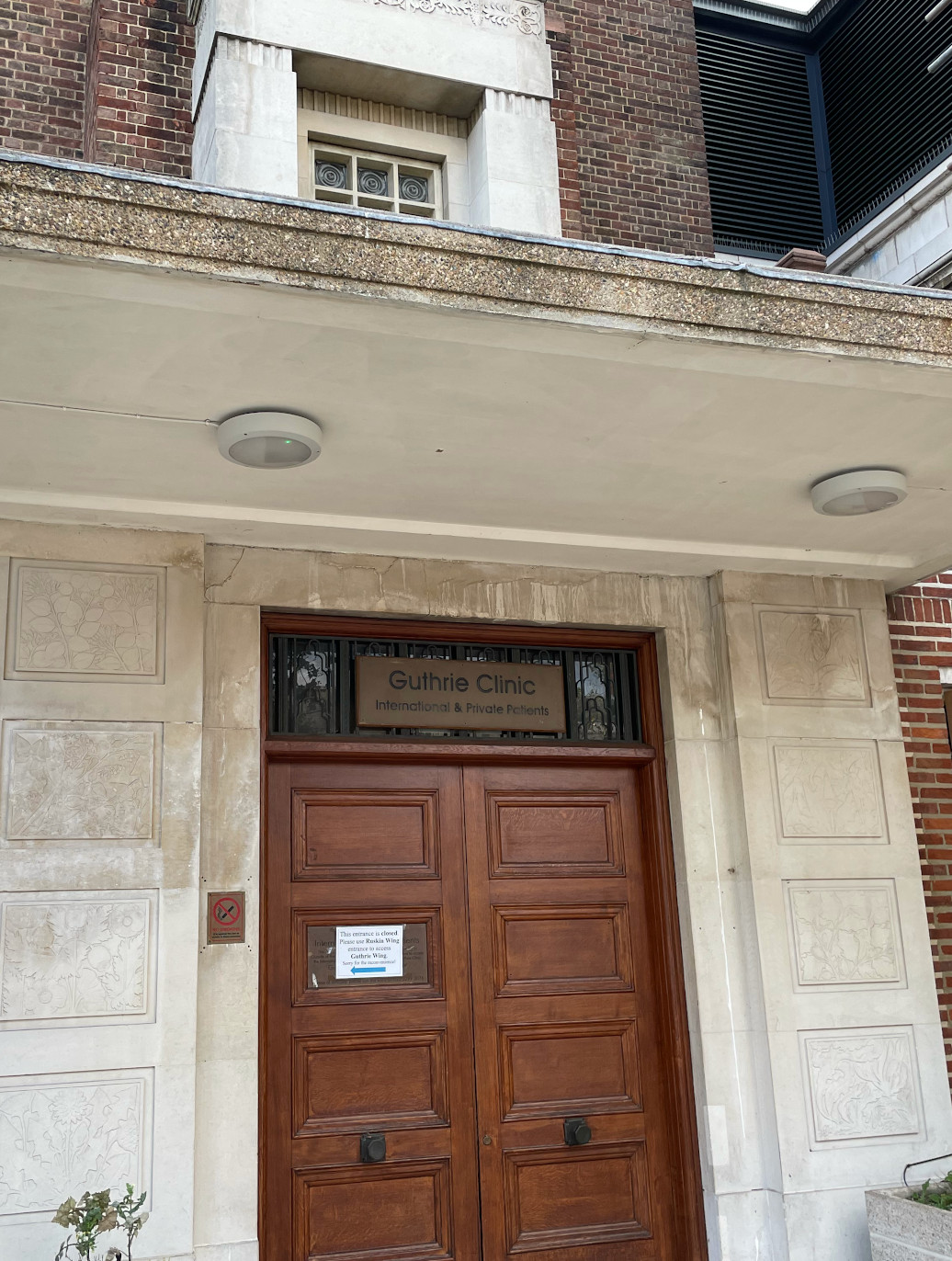What is Posterior Capsular Opacification (PCO)?
While cataract surgery is highly successful in restoring vision, some individuals may experience a condition called Posterior Capsular Opacification (PCO) afterwards. Sometimes referred to as “secondary cataract,” PCO occurs when the thin membrane that holds your new artificial lens in place becomes cloudy.
What are the symptoms of Posterior Capsular Opacification (PCO)?
- Blurred vision, similar to your initial cataract symptoms
- Increased sensitivity to light and glare, especially at night
- Gradual decline in visual clarity
- Distorted vision, such as double vision or halos around lights
Causes of Posterior Capsular Opacification (PCO)
- Cell growth: Some lens cells may remain after surgery and grow on the back of the capsule, causing cloudiness.
- Incomplete removal: If tiny fragments of the original lens weren't fully removed during surgery, they can lead to PCO.
PCO often develops gradually, sometimes taking years to become noticeable. It can make it difficult to see clearly, even with glasses or contacts.
Treating Posterior Capsular Opacification (PCO)
YAG Laser capsulotomy
Fortunately, PCO is easily treatable with a quick and painless procedure called YAG Laser Capsulotomy. Mr. Trikha uses a specialised laser to create a small opening in the cloudy capsule, allowing light to pass through clearly to your retina.This outpatient procedure can significantly improve your vision with minimal discomfort and recovery time.
If you’ve had cataract surgery and notice any changes in your vision, don’t hesitate to schedule an appointment with Mr. Trikha. Early detection and treatment of PCO can help you maintain clear, comfortable vision for years to come.
Mr Sameer Trikha On Cataracts
Where to find us

The London Clinic Eye Centre

The Circle Hospital

23 Harley Street

